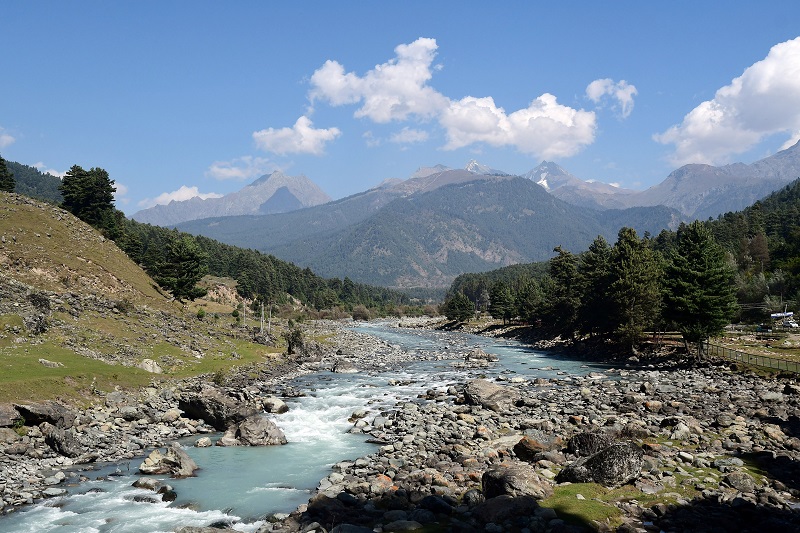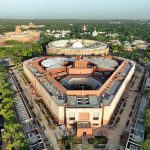Srinagar, May 24: Amid a severe heatwave across India, Kashmir has emerged as a haven for visitors, with many tourists flocking to the valley. The month of May has witnessed jam-packed tourist spots in the region.
According to tourism industry players, this season has already seen a huge flow of visitors, with a recent surge in hotel bookings attributed to the heatwave gripping the country. Kashmir has become an ideal destination to escape the sweltering temperatures.
Manzoor Pakhtoon, President of the Houseboat Association of Kashmir, said the influx of tourists is due to the nationwide heatwave. He said the government has declared Kashmir one of the coolest places in the country, attracting more visitors. “Kashmir boasts many locations that remain cool even during peak summer, providing a pleasant atmosphere for visitors. Currently, there is a strong flow of domestic tourists, with international tourists expected to start arriving in June,” he added.
Ganesh, a 27-year-old tourist from Maharashtra, expressed his delight at escaping the heat of his home state. He praised Kashmir as an all-weather tourist destination, particularly popular in summer due to its cool climate. “Kashmir offers a variety of attractions, including snow-packed mountains for winter visitors,” he said.
Aqib Chaya, President of the Hoteliers Association in Gulmarg, told Rising Kashmir that hotels in the renowned tourist destination are fully booked for May, with 50 percent already booked for June. “There is a good flow of tourists,” he said while expressing optimism for the coming months.
Chaya also mentioned that the past winter season was favourable for tourism. “We hope the trend continues,” he said.
An official from the tourism department said there is a high influx of tourists in the Kashmir Valley. He predicted a record-breaking tourist season. “The upcoming Amarnath Yatra, starting in June, is also expected to boost the tourist flow to the valley,” he added.
Pakhtoon called for promoting off-beat destinations in Kashmir and urged the government to provide essential facilities such as proper roads, electricity, drinking water, and mobile network connectivity to accommodate the increasing number of visitors.








